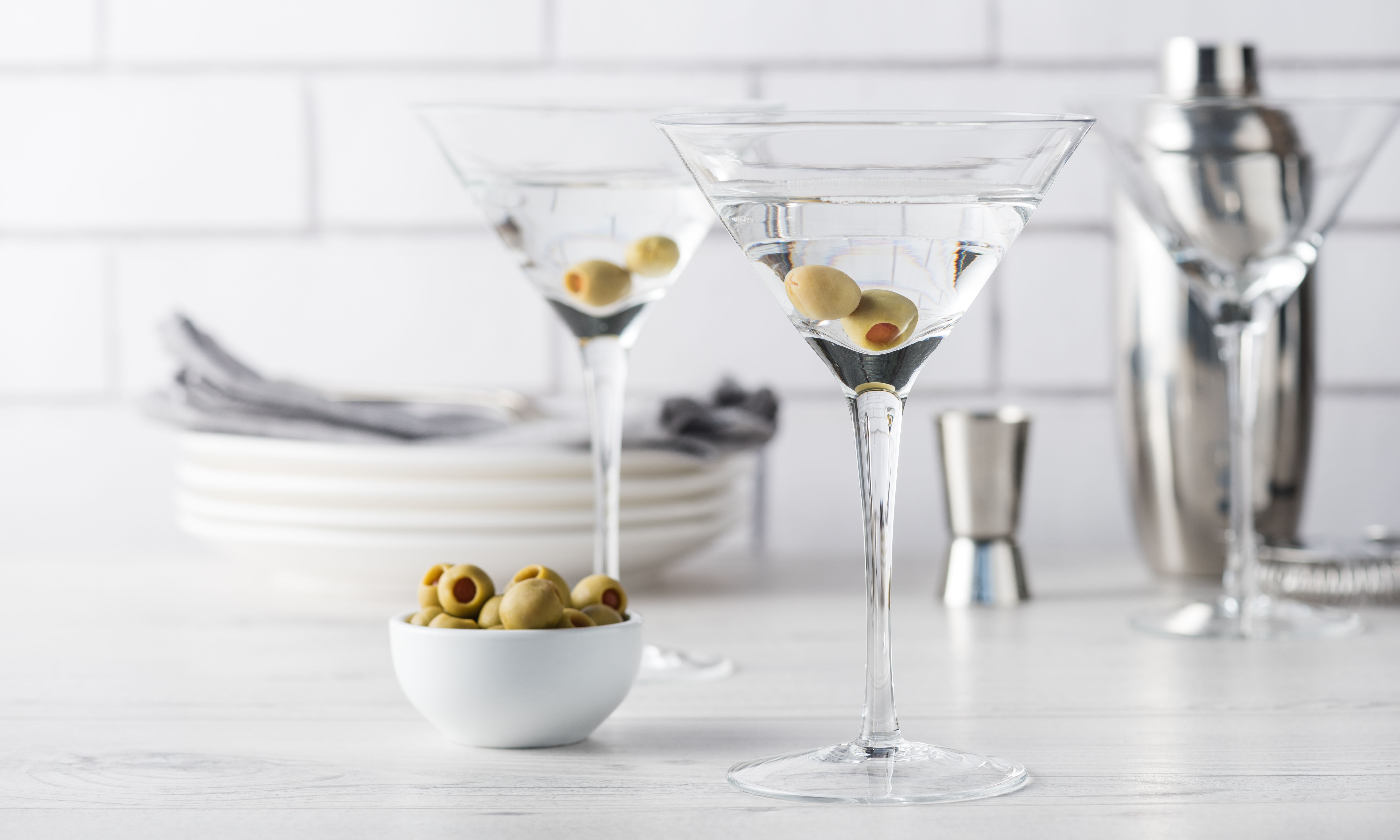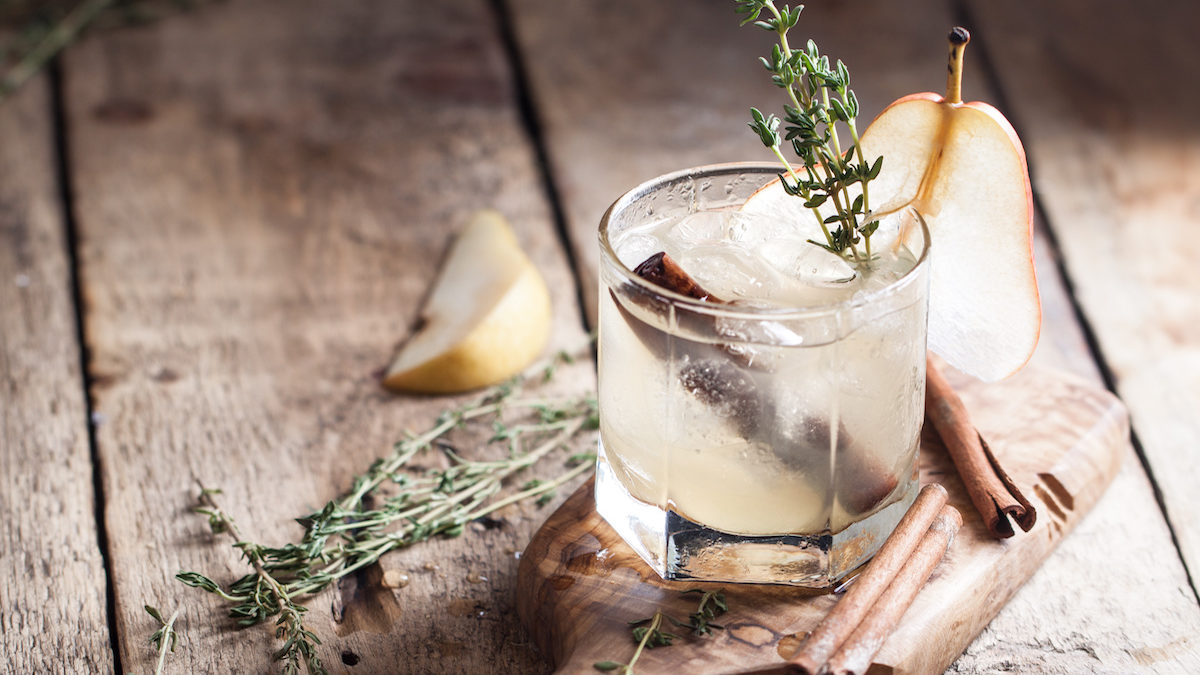Being Aware of the Booze: How Does Alcohol Cause Weight Gain?

“Does giving up drinking in itself contribute to losing weight, or is it something that is simply recommended on the basis that we make bad food decisions when we’re under the influence?”
There are a few things to unpack with this question, and indeed, an important aspect is related to that disinhibition effect we feel when consuming alcohol. What you drink may well be a gateway into inappropriate food choices, as you remove the restriction from eating salty, sugary, fatty type snacks.
What people tend to forget, though, is that alcohol is a contributor to energy, because alcohol has calories in it. Pure alcohol includes 7 calories per gram, second only to fat with 9 calories per gram and a lot more than you would get from carbohydrates and protein. A small amount on its own contributes to your energy intake, but of course, you take that alcohol in a vehicle of a drink, which will likely have carbohydrate or sugars in it.
You might be having it in a glass of wine or a pint of beer, or in a spirit with a mixer. Packaged together, a drink could be contributing 200 calories extra energy in, on top of anything else you’re eating.
Alcohol And Your Metabolism
Then, there’s the metabolic fate of alcohol. Unless you’re taking in extremely high intakes of alcohol, it’s oxidized solely in the liver. The metabolism of alcohol is very simple; a two-step pathway that very rapidly metabolizes it. But in doing this, you alter the metabolic state of your liver as you prioritize alcohol in preference of anything else.
That might alter your regulation of carbohydrate metabolism, or your ability to manage the lipid as the liver is a junction point where fats get packaged up and exported out again. If you think of the liver as your coordinator of metabolism, alcohol interferes with its regular processes.
That’s what could – in the short term – cause hypoglycemia, affecting your ability to regulate blood glucose and in turn causing low blood sugar, which might contribute to you being more hungry. All of which feeds more into that disinhibition effect, causing you to order those bar snacks or opt for that post-meal dessert.

The effect on the gut is equally impactful, as one of the products of metabolising alcohol is that you metabolise some in the gut itself before it gets absorbed. This can potentially lead to the development of endotoxins which not only change the functions of the liver yet more, but could also have an influence on the function of your gut microbiome. In turn, we’re looking at a potential impact on everything from the gut-brain axes to how your gut and liver work together to recycle things being secreted out and reabsorbed.
So to answer the question, there is certainly truth to the idea that alcohol’s disinhibition effect is part of the reason why you may be discouraged from consumption by a weight loss programmer or trainer, though there’s more to it than a drunken lack of will-power.
So, Should We Be Drinking Non-Alcoholic Spirits, Beer And Wine?
The increase in non-alcoholic alcohol brands seems to be catering to a demand for healthy alternatives, and I suppose it’s a bit like anything. If you displace an alcoholic drink with a non-alcoholic one, it’s a positive thing – you’re replacing something doing all the things previously described with something that might have a small number of calories but is certainly having less of an effect.

Whether it has an effect on other eating behaviours is interesting, though, because perhaps it reinforces the behaviour associated with drinking alcohol despite not being alcohol. It’s a bit like diet soft drinks – they don’t have any sugar in them but they are still sweet, and therefore still contributing to that feeling that you’ve had something sweet. This might actually link to a reinforcement of your sweet tooth and contribute to passive consumption of certain foods.
I do think, though, that it’s perhaps a rather different story to your diet coke versus full-fat coke situation, largely coming from the differences in opportunity and timing of soft drinks and alcohol, and the social circumstance by which they’re being used. Many people drink gallons of diet soft drinks a day, with meals and in-between meals – probably less likely to be the case with alcohol imitations.


















